I like what you guys tend to be up too. This kind of clever work
and exposure! Keep up the good works guys I’ve incorporated you guys to my blogroll. https://bandurart.mystrikingly.com/
Can Decaf Coffee Affect Your Blood Pressure? Unveiling the Truth

Can Decaf Coffee Raise Your Blood Pressure?
Switching from regular to decaf coffee often raises the question: Does it affect blood pressure? Studies have shown that caffeine can increase blood pressure, leading many to wonder about the impact of decaf coffee, which contains minimal caffeine (3mg to 5mg per serving). Is the coffee or the caffeine causing the raise in blood pressure.
The Investigation: Decaf vs. Regular Coffee and Blood Pressure
In a detailed study, a randomized double-blind, crossover trial was orchestrated involving 45 healthy individuals (comprising 23 women and 22 men, aged between 25-45 years) who regularly consumed 4-6 cups of coffee daily. Participants were administered 5 cups of regular coffee each day for a period of 6 weeks, followed by 5 cups of decaffeinated coffee for the subsequent 6 weeks, and vice versa. The findings were intriguing: consumption of decaffeinated coffee resulted in a significant, albeit modest, reduction in systolic blood pressure (mean +/- SEM, -1.5 +/- 0.4 mm Hg; p = 0.002) and diastolic blood pressure (-1.0 +/- 0.4 mm Hg; p = 0.017), accompanied by a slight increase in heart rate (+1.3 +/- 0.6 beats/min; p = 0.031).
Interpreting the Results
The study concluded that substituting regular coffee with decaffeinated coffee in adults does indeed lead to a real, though small, decrease in blood pressure. This is particularly enlightening for individuals concerned about their blood pressure and overall heart health yet does not want to give up their coffee.
Further research corroborates these findings, presenting evidence that decaf coffee either does not elevate blood pressure or may even contribute to its reduction. Some studies suggest that long-term consumption of decaf might mitigate the risk of blood pressure increase, although this continuous intake to counterbalance any potential rise in blood pressure while also exposing individuals to the adverse effects associated with caffeine.
The Verdict: Decaf for Heart Health?
For those mindful of their blood pressure and heart well-being but enamored with coffee, decaffeinated coffee emerges as the beverage of choice. Starting your day with a cup of Mellow Morning decaf coffee ensures that you can savor the coffee experience without the concern of negatively impacting your heart health.
In conclusion, while decaffeinated coffee presents a viable alternative for coffee lovers looking to manage their blood pressure, it's always advisable to consult healthcare professionals for personalized advice. Nonetheless, the evidence tilts in favor of decaf coffee being a heart-friendly option, allowing you to indulge in your coffee passion with peace of mind.
Below are a few studies that support this evidence.
-
Decaffeinated coffee can lead to a slight decrease in blood pressure: A study comparing decaffeinated versus regular coffee found that decaffeinated coffee led to a small but significant decrease in systolic and diastolic blood pressure among healthy volunteers. The study highlighted the potential of decaffeinated coffee in reducing blood pressure to a modest extent without significant effects on heart rate (van Dusseldorp et al., 1989).
-
Impact of caffeine on blood pressure: Another study summarized the evidence on the acute and longer-term effects of caffeine and coffee intake on blood pressure and cardiovascular disease in hypertensive individuals. It found that caffeine intake produces an acute increase in blood pressure for ≥3 hours, but there's no evidence supporting an association between longer-term coffee consumption and increased blood pressure or cardiovascular disease risk in hypertensive subjects (Mesas et al., 2011).
-
Decaffeinated coffee's smaller effect on diastolic blood pressure: One study showed that drinking decaffeinated coffee induced a smaller increase in diastolic blood pressure without changing other parameters, indicating that caffeine is the main active component affecting cardiovascular effects (Smits, Thien, & Laar, 1985).
-
Adaptation to the blood pressure effects of coffee: Research suggests that long-term consumption of large amounts of coffee leads to only a small and transient rise in mean blood pressure, indicating an adaptation phenomenon to the cardiovascular effects of coffee. Continuous heavy coffee ingestion by young persons does not appear to involve a risk of developing hypertension (Ammon et al., 1983).
I like what you guys tend to bee up too. This kind of clever work and exposure!
Keep up the good works guys I’ve incorporatedd you guys to my blogroll. https://bandurart.mystrikingly.com/
You really make it appear so eaasy with your presentation bbut I to
fiond this topic to be really something that I believe I would never understand.
It sort of feels too complex andd very wide for me.
I am looking forward on your subsequent submit, I will attempt to get tthe grasp of
it! https://Zeleniymis.COM.Ua/
Thanbk you for the auspicious writeup. It if truth be told used to be
a entertainment account it. Glance arvanced to more
delivered agreeable from you! However, how can we keep
in touch? https://Zeleniymis.com.ua/
Thank you for the auspiciou writeup. It if truth be told used to be a
entertainment account it. Glance advanced to more delivered agreeable from
you! However, how can we keep in touch? https://Zeleniymis.com.ua/

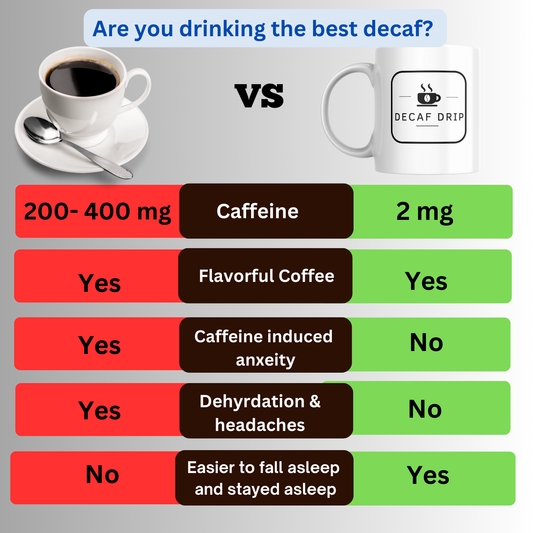





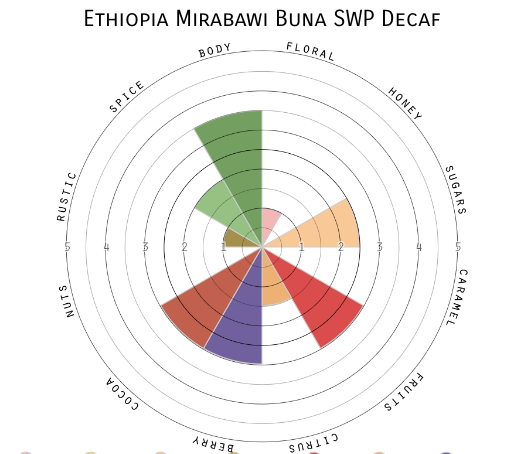
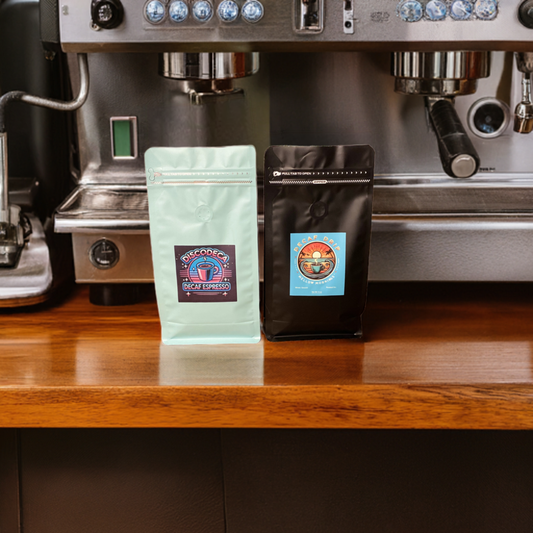
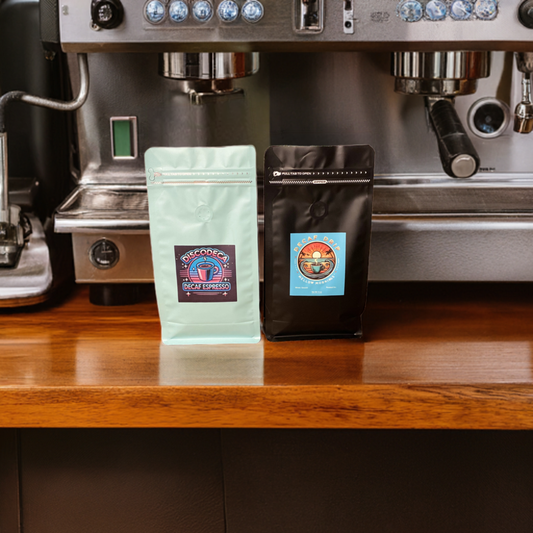



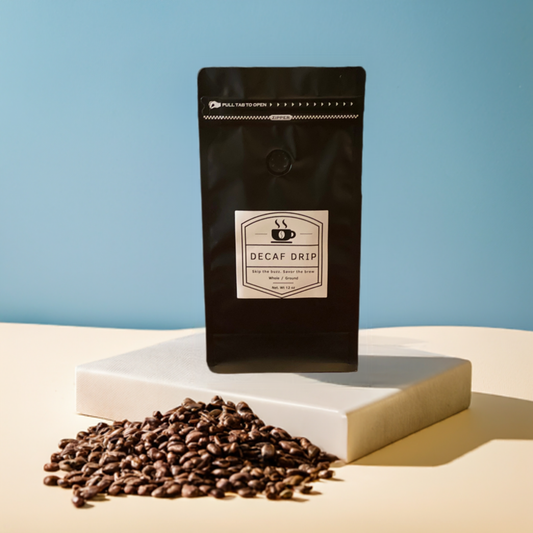


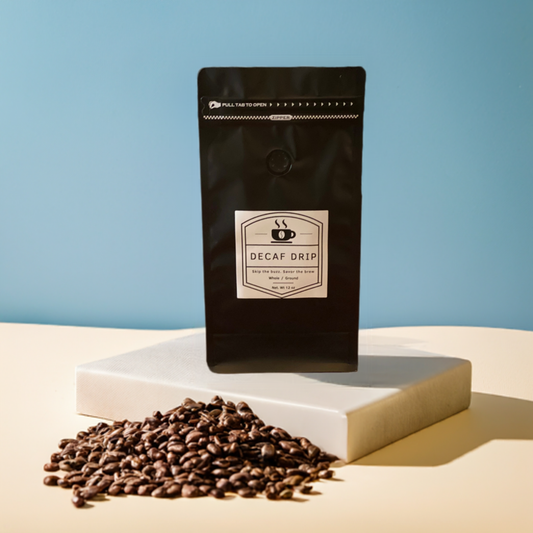

9 comments